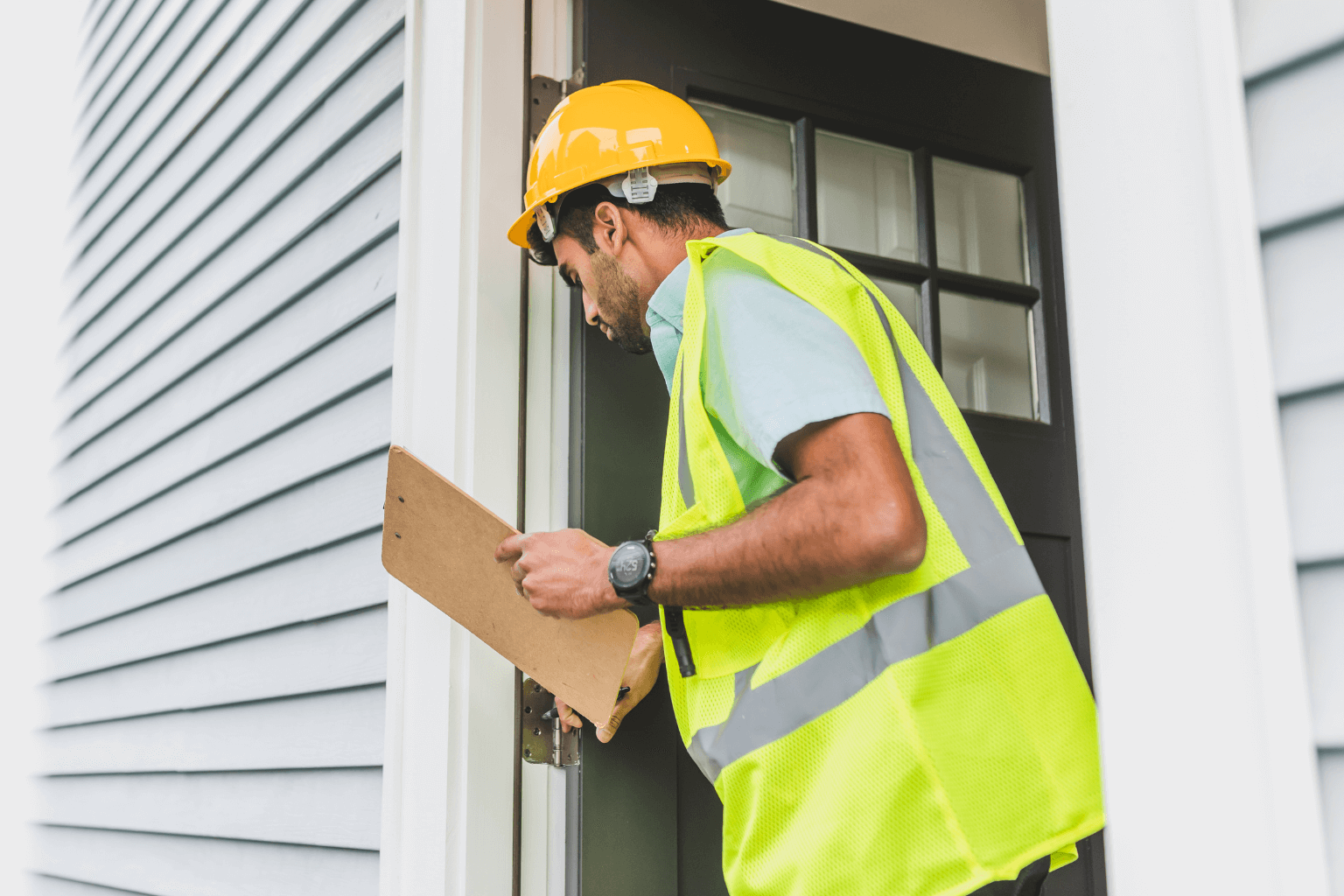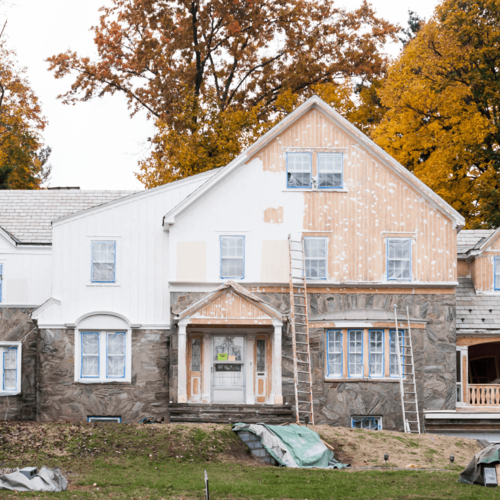Common Reasons Homes Fail Inspection and Next Steps
When a house fails inspection, it can feel like a major setback for both buyers and sellers. Inspection results often reveal hidden issues that impact safety, structural integrity, or overall value. The key is knowing how to respond—whether that means negotiating repairs, offering credits, or even relisting the property. By understanding the home inspection process and exploring your options, you can turn a failed inspection into a manageable step toward closing the deal.
Understanding the Home Inspection Process
A home inspection is a vital step in any real estate transaction. A licensed inspector reviews the property’s structure, electrical, plumbing, and safety systems, then provides a detailed report. While many people think of inspections as “pass or fail,” the truth is that almost every home has issues. What matters most is identifying which repairs are critical and which can be negotiated.
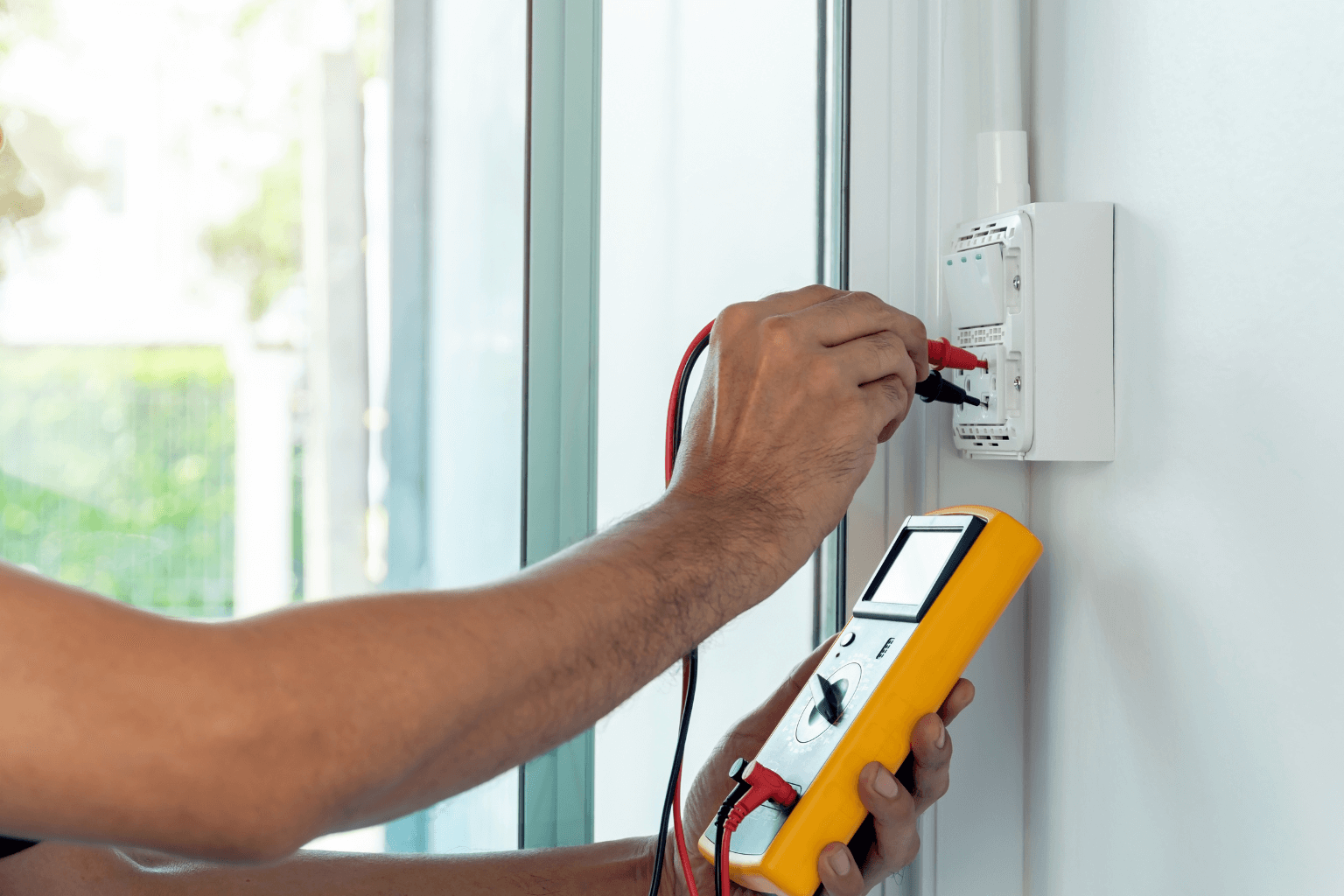
Must-Read Alert: While you're here, you might want to check out We Buy Houses With Code Violations. It’s gaining serious traction — and could give you insights into another challenge homeowners often face.
Common Reasons a House Fails Inspection
Several problems can cause a house to fail inspection. While some are minor, others may raise red flags for buyers.
Structural Deficiencies and Damage
Issues such as cracked foundations, sagging floors, or water intrusion often lead to failed inspections. These concerns can be costly to repair and may discourage buyers from moving forward.
Safety Hazards and Violations
Outdated wiring, plumbing issues, or building code violations also contribute to inspection failures. Left unaddressed, these problems may reduce the property’s marketability and pose risks to future occupants.
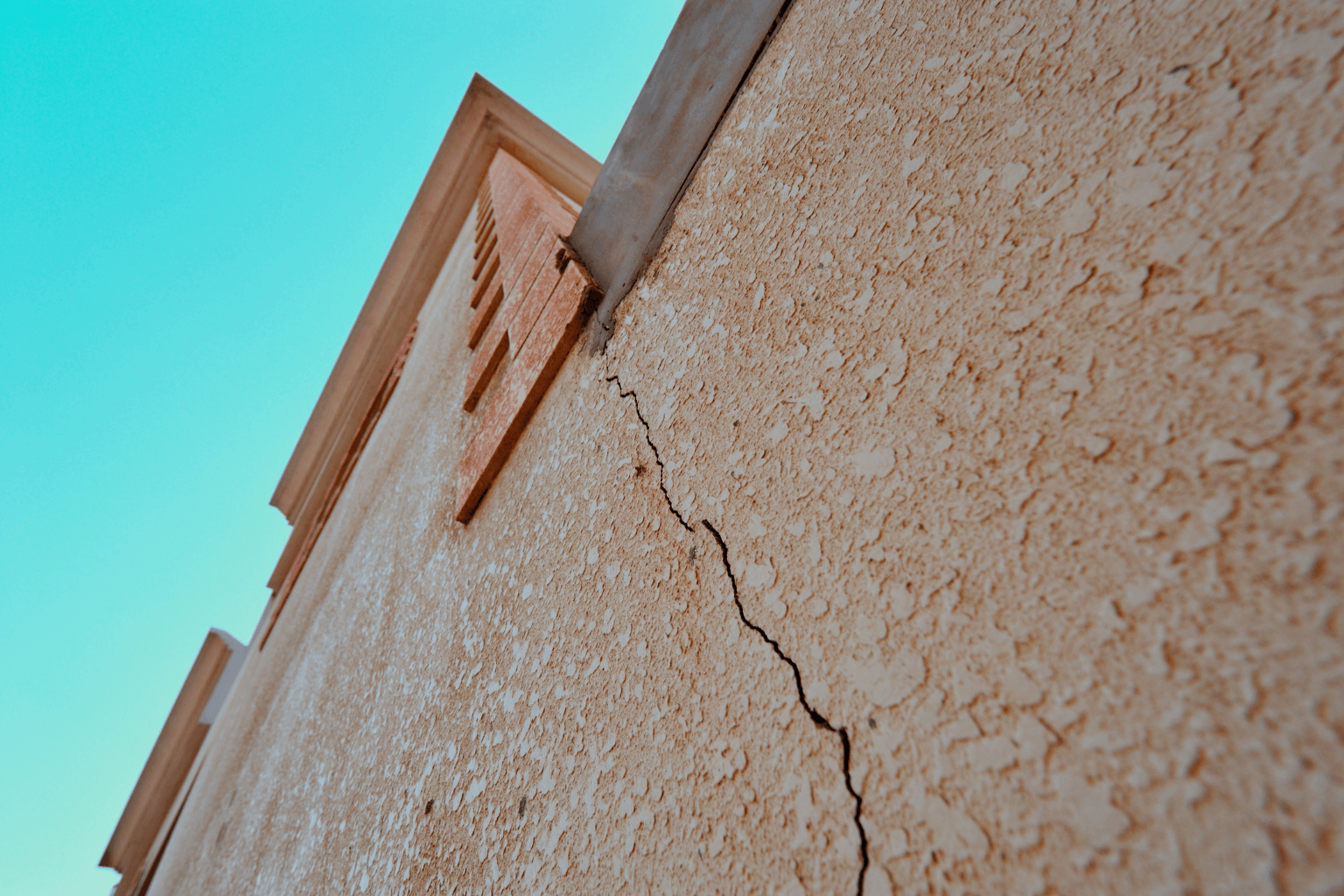
Evaluating Inspection Findings
After a house fails inspection, reviewing the findings carefully helps determine the best path forward.
Understanding Inspection Results
Inspection reports highlight everything from major repairs to minor maintenance. Key areas to focus on include:
- Structural integrity
- Safety risks
- Compliance with building codes
For sellers dealing with complicated situations, such as inherited homes, here’s a detailed resource on selling inherited property in California that can help you navigate additional challenges alongside inspection results.
Common Repair Requests
Buyers often request fixes for electrical issues, leaky plumbing, or roof damage. Mold remediation and foundation cracks also rank high on repair lists.

Negotiation Strategies After a House Fails Inspection
Inspection results give buyers strong leverage, but sellers also have options.
Key Approaches
- Request Repairs or Credits: Sellers can fix issues before closing or offer credits so buyers can handle repairs later.
- Consider Price Reductions: Adjusting the sale price may make the property more appealing despite issues.
- Document Agreements: Clear records prevent disputes and maintain trust.
Options for Sellers After a Failed Inspection
When a house fails inspection, sellers can take one of several paths:
- Make the necessary repairs to restore buyer confidence.
- Negotiate repair credits or price reductions.
- Relist the property “as-is,” disclosing inspection findings.
- Explore selling to cash home buyers who purchase homes in any condition.
If you live in Solano County, check out our Green Valley home buyers page to see how quickly you can sell without making costly repairs.
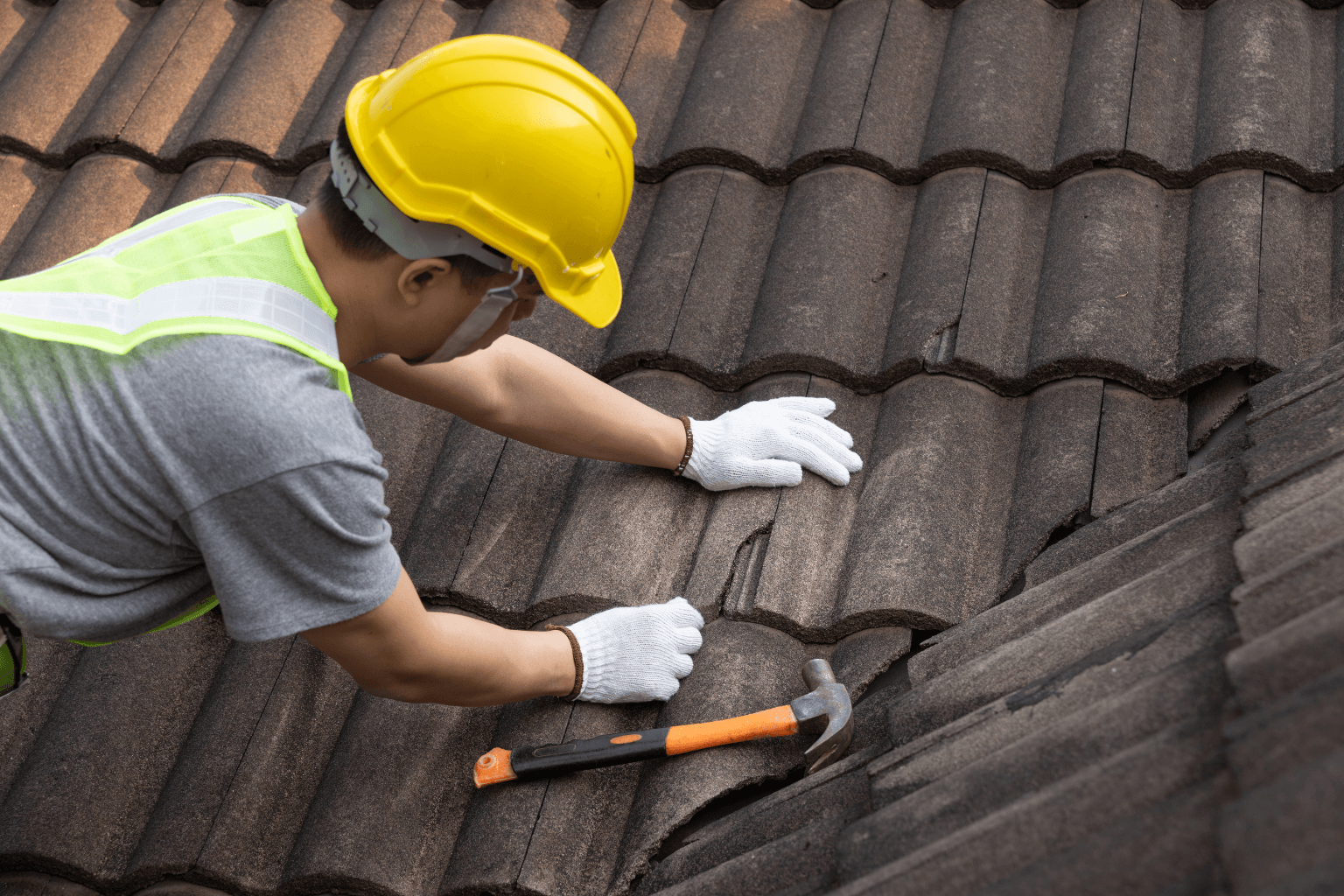
Relisting the Property: Strategies and Considerations
If you choose to relist, transparency is essential. Highlight completed repairs in the listing description, disclose prior inspection results, and work with a real estate agent to market effectively. A failed inspection doesn’t have to end the sale—it just requires the right approach.
Handling Disputed Inspection Reports
Sometimes, buyers and sellers disagree on inspection findings. In this case, consult a second inspector, provide documentation of completed repairs, and lean on your agent’s expertise to resolve disputes fairly.
For deeper insight into real estate risks, you may also want to learn what foreclosure is and how it could impact sellers if repairs and negotiations fall through.
Learning From a Failed Inspection for Future Sales
Even when a house fails inspection, the experience offers valuable lessons. Addressing common issues, keeping detailed repair records, and practicing transparency can improve your property’s appeal in future transactions.
According to Investopedia’s guide on home inspections, preparing your property ahead of time can reduce surprises and strengthen your position with buyers.

Conclusion
A house fails inspection for many reasons, but it doesn’t have to derail your real estate goals. By prioritizing repairs, negotiating fairly, and staying transparent, both buyers and sellers can move forward with confidence. With the right strategy, setbacks can turn into opportunities for a smoother and more successful sale.



